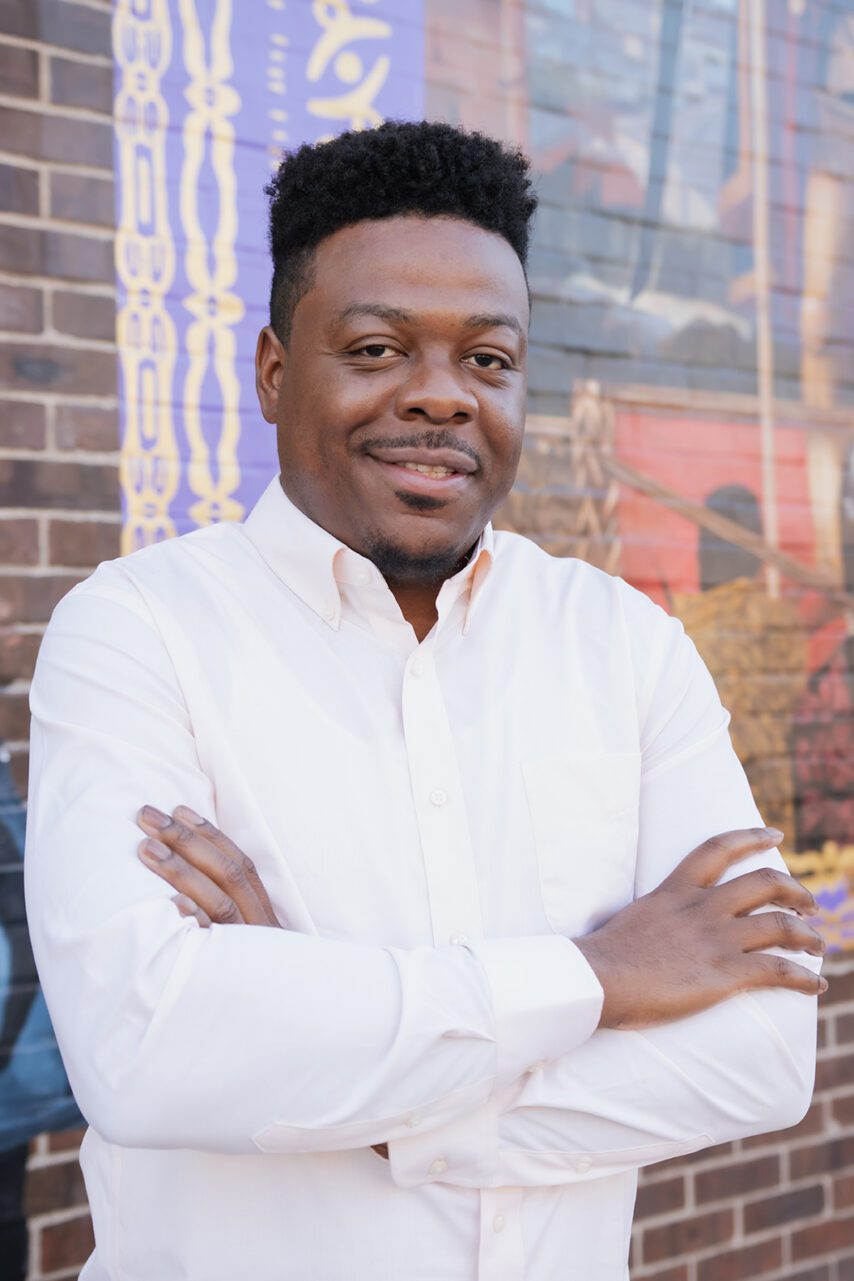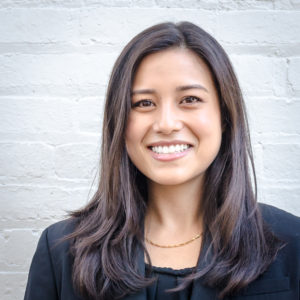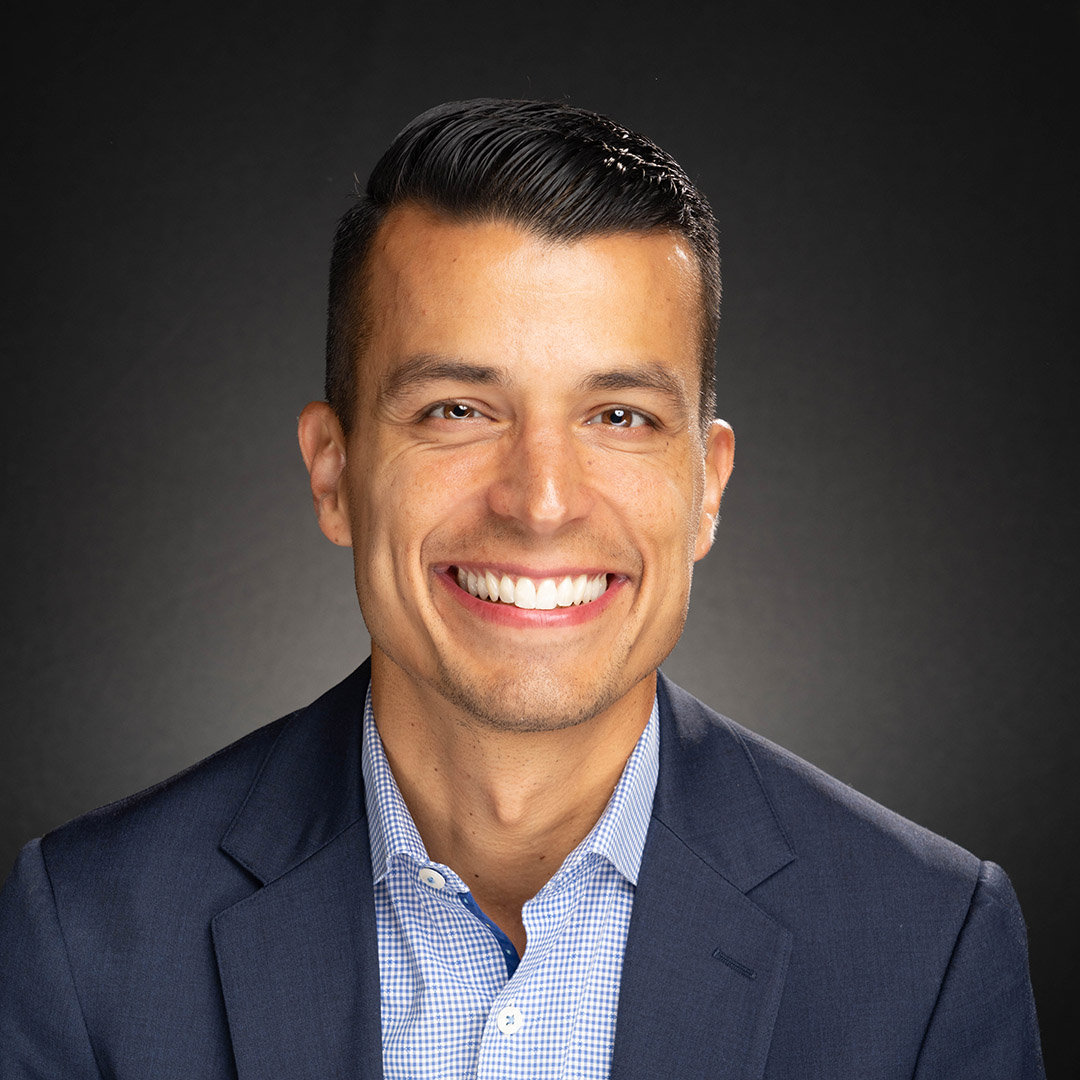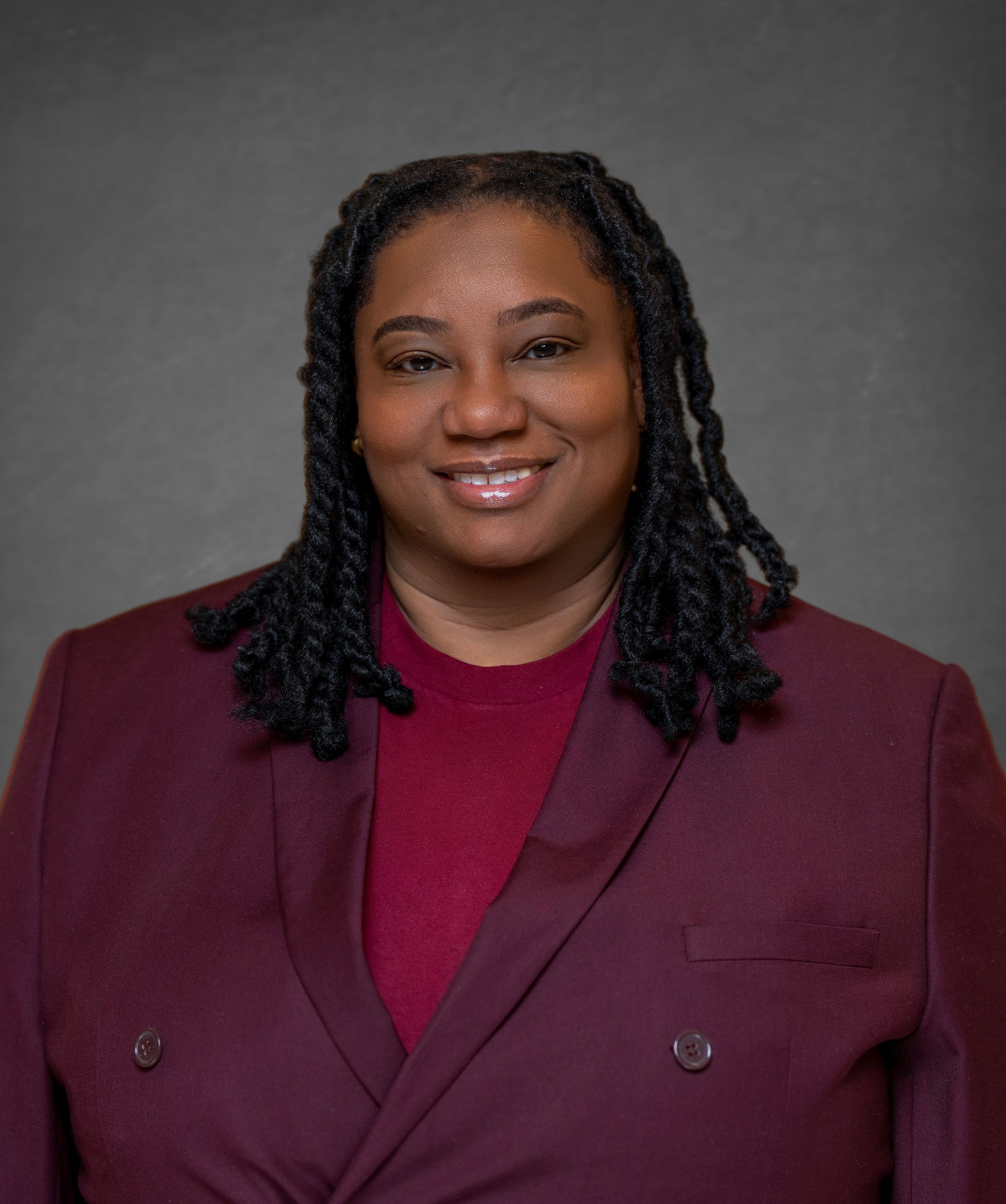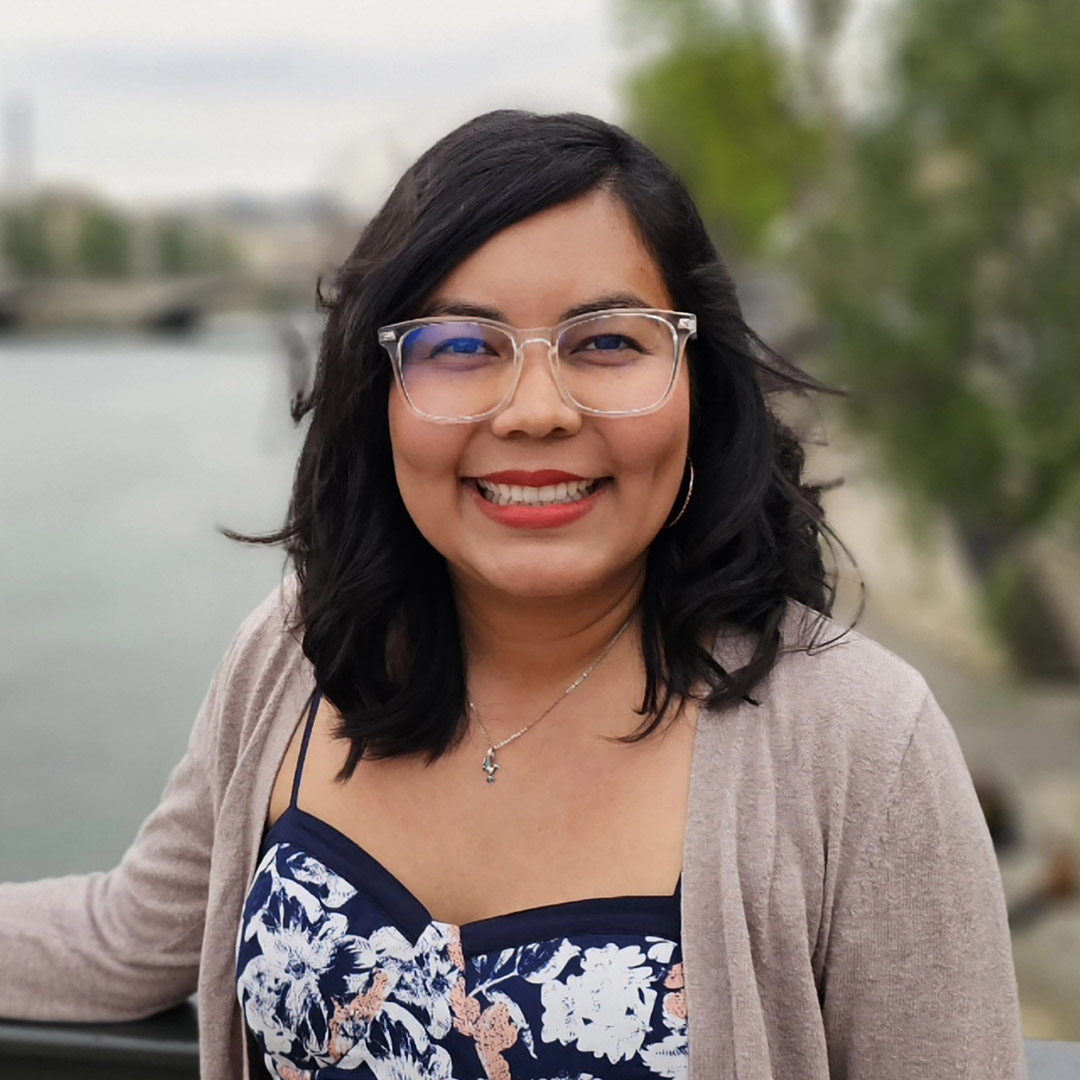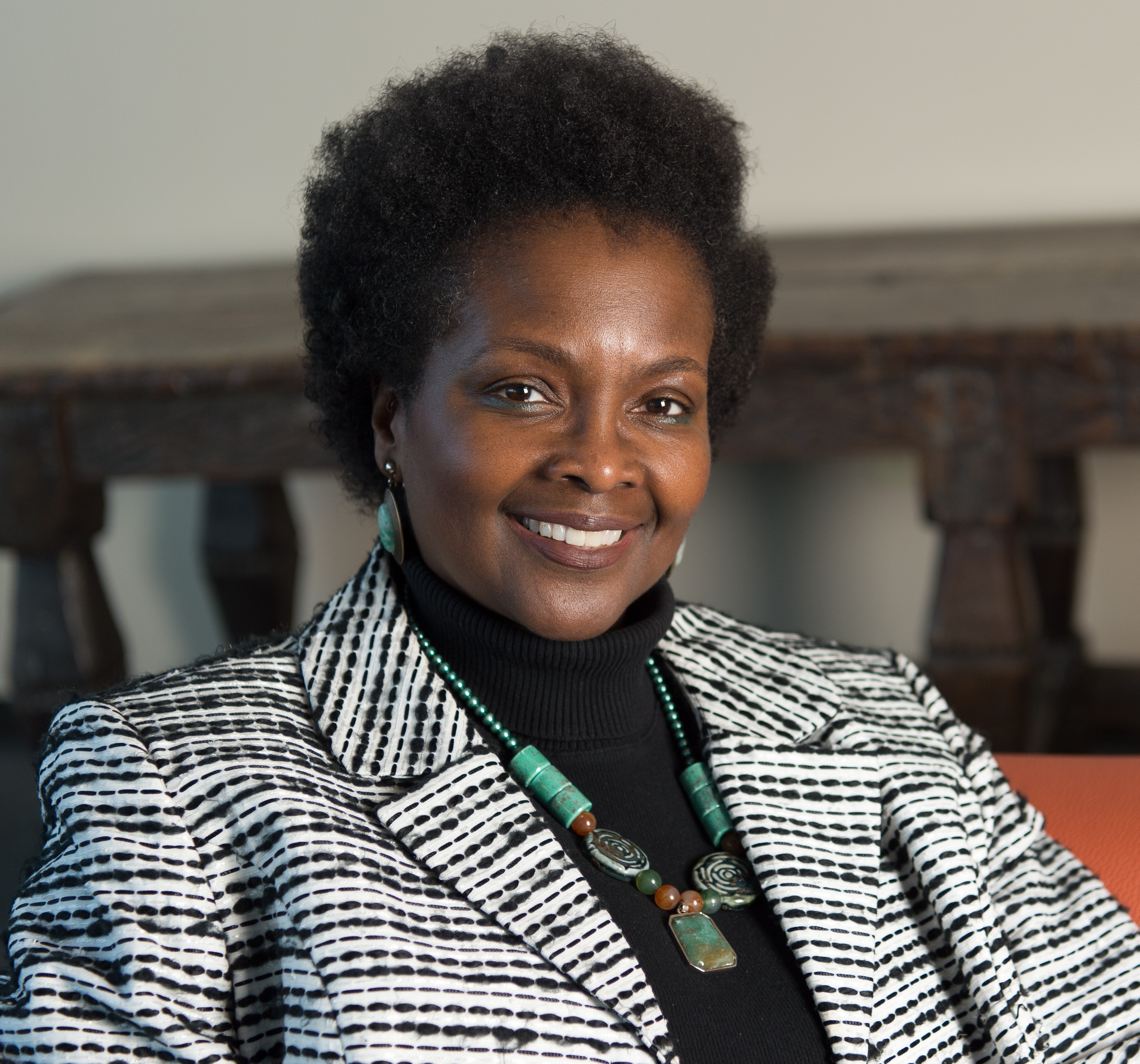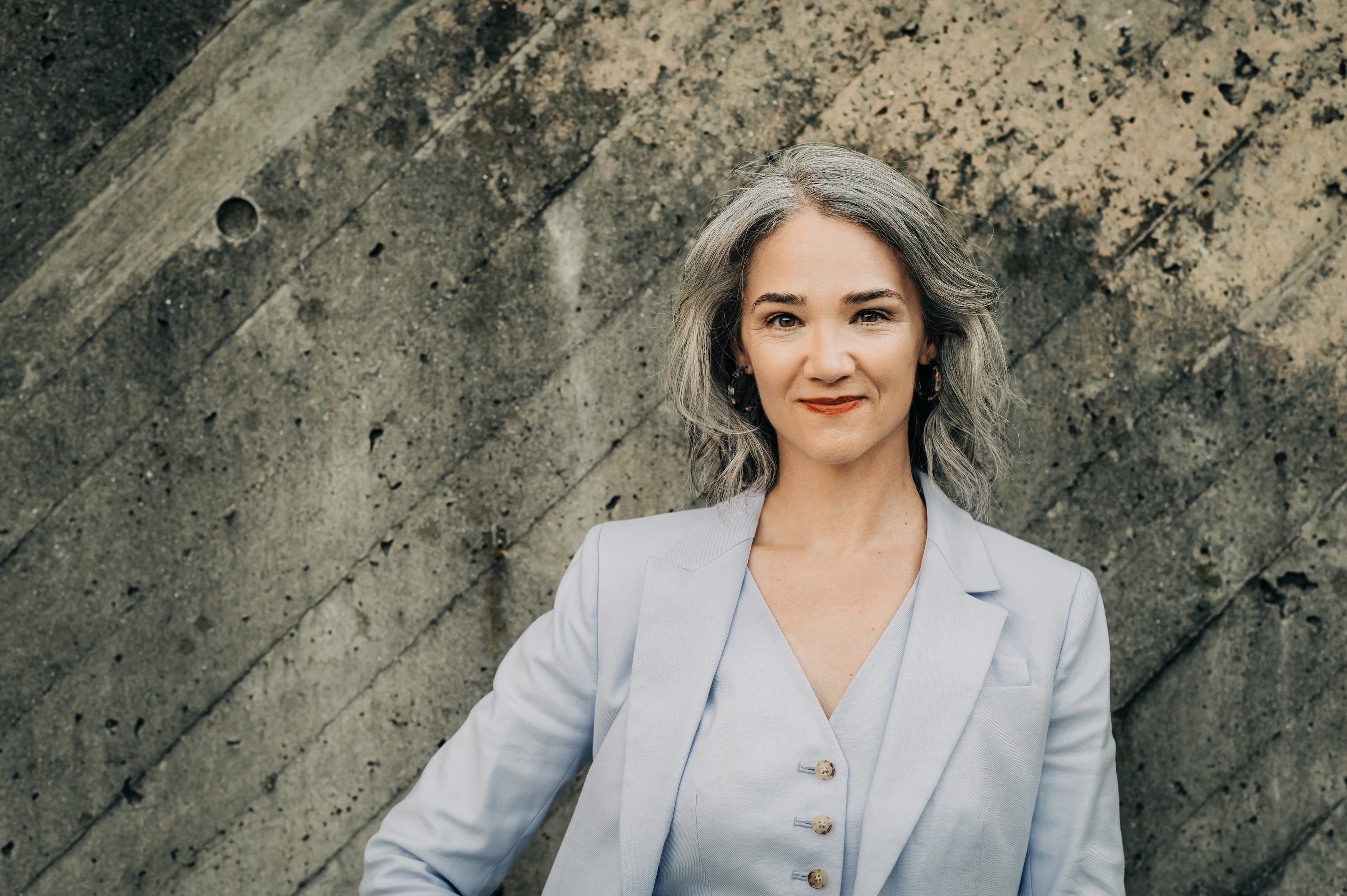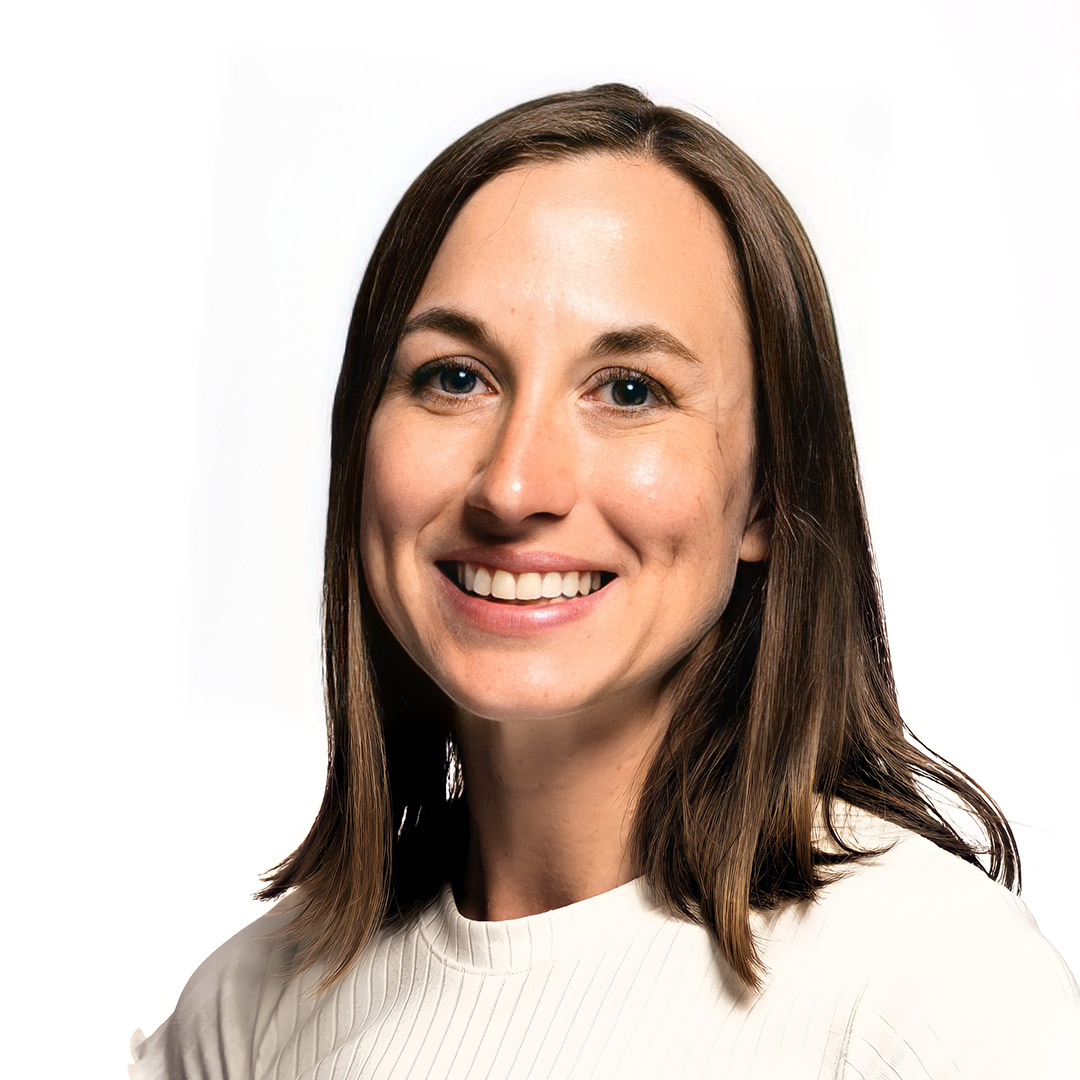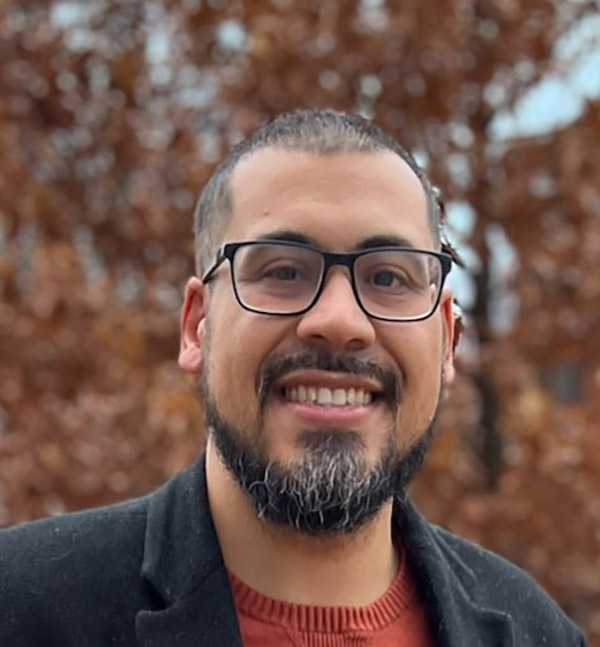DPI Organizing Lab groups have learned that collecting data on event participation by members is the best way to document their day-to-day powerbuilding work. This session will share learning on what it takes to set up a system to collect the right data, how to secure the buy-in of organizers, and what types of analyses support learning from this data to improve your base-building program over time.
Welcome to the DPI FUND Learning Community!
Our political industry in the last few decades has come to treat citizens as consumers and not participants, with an increasingly market-driven approach to politics. The impact on research, learning, and metrics has largely been to target citizens as atomized individuals, to measure treatments delivered to these individuals, and to evaluate the impact on an individual basis with voter turnout and partisan support the primary indicators. However, in this learning community, we are focused on growing a healthy, multiracial democracy: driven by and working for powerful grassroots organizations. What does research, learning programs, and metrics look like when our focus is the health of our democracy and power rooted in democratic practice? In this session we will share innovations from the DPI community in the last year around researching and measuring organizing inputs, collective capacities and power in practice. In a case study, Color of Change will share their progress and challenges as they work to put the civic leadership of their members at the center of their evaluation and metrics.
As tech tools and unreliable voter lists have taken over civic and political outreach, many voters of color are being left out. This session will focus on the communities left unseen by the political industry’s voter files in the wake of the techno-political revolution and how organizing groups are innovating their own solutions to find them. DPI Analyst Miriam McKinney Gray and Michael Ingram from Florida Rising will lay out the problem: how race modeling, vote propensity scoring, and voter file matching redlines communities with the most untapped power and how overdependence on data tools and algorithms leave millions of potential voters unreached. Staff from the Ohio Organizing Collaborative, ISAIAH, and the AAPI Force will share their effective methods for reaching their communities and propose sustainable wide-reaching solutions for member based organizations.
We know from political science that individuals do not make decisions about their democratic participation in isolation but in community with their families, neighbors, and values-based institutions. These are “political homes”—spaces of belonging and powerbuilding in their communities. In this session, we will hear from researchers and organizers about how they have come together to develop learning agendas to understand “political and social homes” and their role as containers for collective action. Over the next year, the DPI community will embark on a multi-state, multi-researcher project that examines how participants in organizing groups define a “political home” and what they seek when joining one. The research will also explore the meaning and value associated with the idea of a “political home” among unaffiliated potential members and how organizations can meet the interests of those seeking a political home.
For too long BIPOC communities have been treated by the political industry as monolithic collectives to be mobilized to outcomes defined by someone else’s goals. At DPI we believe that the most powerful way to increase political participation and civic action is not through tactical, transactional interventions but through support of and deference to base-building organizations. These grassroots groups deeply understand each constituency’s narratives and beliefs about politics and power and can build actual collective power to win change for the long term. This conversation will share how the DPI community is building a more nuanced understanding of the Black community and their orientation towards power and politics through strategic partnerships between organizations and culturally grounded researchers. Through thoughtful research informed by organizers, we’re disrupting political assumptions about Black voters as cynical and uninformed and learning about how to support and sustain Black political engagement for the long term.
MODERATOR: Prentiss Haney (Co-Executive Director, Ohio Organizing Collaborative) SPEAKERS: Ray Block (Associate Professor, The Pennsylvania State University), Arekia Bennett (Executive Director, Mississippi Votes), Marshall Shorts
MODERATOR: Sandhya Anantharaman (Interim Director of Programs, Kairos Fellowship) SPEAKERS: Jung Hee Choi (Deputy Director, Power California), Vanessa Kelly (Digital Director, New Georgia Project)
MODERATOR: DaMareo Cooper (Director of Place Based Power, Center for Popular Democracy) SPEAKERS: Heather McMahon Calhoun (Senior Project Manager, Community Building Strategies), Kirk Noden (Community Building Strategies), Mary Sobecki (Executive Director, The Needmor Fund)
SPEAKERS: Alex Gomez (Co-Executive Director, ACE/LUCHA), Tomas Robles (Co-Executive Director, ACE/LUCHA), Hannah Furstenberg-Beckman (Researcher, Local Election Officials: Discretion and Democracy Project)
MODERATOR: Andrea McChristian (Law & Policy Director, New Jersey Institute for Social Justice) SPEAKERS: Ronald Pierce (Democracy & Justice Fellow, New Jersey Institute for Social Justice), Pastor Rhonda Thomas (Faith in Florida), Hannah Walker (UT Austin), Ariel White (Associate Professor, MIT)
MODERATOR: Tova Wang (Democracy Fellow, Ash Center, Harvard Kennedy School) SPEAKERS: Jerusha Conner (Villanova),Kei Kawashima-Gisberg (Newhouse Director, Center for Information and Research on Civic Learning and Engagement at Tufts CIRCLE), Johnnie Lotesta (Assistant Professor of Sociology, Appalachian State University), Destini Philpot (GoodKids MadCity)

MODERATOR: Andrea Mercado (Co Executive Director, Florida Rising) SPEAKERS: Doran Schrantz (Director, ISAIAH), Mike Podhorzer (Advisor, AFL-CIO)
We conclude with a set of small conversations to discuss what we can do together to elevate organizer voices in the political industry; what research, data, and tech is needed to elevate organizing; what we need to do to increase philanthropic support for organizing and year-round base-building; and what more we need to do to effectively support BIPOC communities and grassroots organizations in the policy and electoral battles to come!

What you get: An opportunity to meet others in the (virtual) room, have fun, and practice our relationship building skills. Who: Everyone
Recent Supreme Court decisions, coupled with the January 6th hearings, have made it clearer than ever that we are operating in a politically charged, high stakes, power arena. How should organizers think about “winning” in this context? What is our role in this power arena?

Every cycle organizations hope to emerge from the election more powerful with stronger members and greater leadership. At DPI we have learned that a key to achieving that goal is to have systems for tracking member and leader engagement that are as rigorous as those used to track voter contact. How can an organization do that?
In their groundbreaking book Prisms of the People, Hahrie Han, Liz McKenna and Michelle Oyakawa found that powerful base building organizations build a culture and set of practices where groups of individuals can adaptively deploy their resources to move power strategically. But how can organizations do that important work in an election season when it is easy to reduce our members and volunteers to cogs in a voter contact machine?
In many jurisdictions, local elections officials have broad discretion over voting policies and practices. How can organizations develop productive relationships with their local elections officials to promote the implementation of pro-voter practices?
What forces shape the political environment and create political “weather?” What role can and does organizing play? Drawing on an in-depth case study of a state-wide campaign to protect democracy in Michigan in the wake of the 2020 election, this session surfaced lessons about how groups can insert themselves in larger power struggles and build the structures and strategic capacity necessary to anticipate and counter well-funded and media-savvy political opponents.
Multiracial Democracy demands multiracial participation, so where is everybody? How did we end up with an electorate that is missing half the eligible population? And what can we do right now to turn this around?
Social scientists continue to affirm that when it comes to politics (or anything really) people listen most to those closest to them: friends, family, co-workers. So how are organizers adapting their electoral programs to prepare volunteers to be leaders in their own social networks?
DPI has prioritized understanding narrative frameworks that connect uniquely with Black, Latinx and AAPI communities through research shaped by and for organizers. In this session, we shared what we learned about narratives that can be used to craft effective organizing content that can be applied in multiple contexts including digital content.
In recent years, returning citizens and their allies have made important progress in the work to remove legal barriers to voting for formerly incarcerated people. Our challenge now is to develop and implement strategies to connect with and inspire returning citizens to fully realize their political agency.
Go get a snack, you (always) deserve it!
From our previous research with HIT Strategies and New Georgia Project, we learned that power narratives move Black voters to take more political action. Use these learnings and insights from our initial Latinx and AAPI values research to share best practices for developing engaging scripts that promote and support Black, Latinx, and AAPI political action.
We all know that the voter files are flawed. Black, Latinx, AAPI, and Native people are disproportionately missing and vote propensity (VP) scoring is frequently inaccurate. Join organizing data leaders as they share tools, strategies, and practical tactics for developing and implementing alternative methods to reach constituents.
What you get: Meet your fellow Funders, Directors/Lead Organizers, Organizers, Data leads, Communicators. Prioritize follow up and future interventions in your zone of influence
Welcome to the DPI FUND Learning Community!

This opening panel explored the challenges of the current political paradigm, where politics is extractive, transactional, and driven by political operatives in NY or DC, how that political “common sense” undermines multiracial democratic practice, and what we can do together to create and realize a new paradigm where the political system builds power in Black, Latino, AAPI, and Native communities that they can use collectively to win change.

For over three years the DPI Organizing Lab has studied the work that base-building organizing groups undertake to build the power they need to achieve policy, electoral, and ideological impact. On this panel, leading practitioners and funders discussed what we have learned so far and what it will take to shift our sector to a clearer focus on building power.

DPI Organizing Lab groups have learned that collecting data on event participation by members is the best way to document their day-to-day powerbuilding work. In this session, we shared learning on what it takes to set up a system to collect the right data, how to secure the buy-in of organizers, and what types of analyses support learning from this data to improve your base-building program over time.
In these workshops organizers and researchers shared what they have learned about measuring power and creating opportunities for participants to wrestle with the implications for their programs in Michigan, Ohio, and California in 2024.
Transition to part two
DPI released a report documenting the significant challenges with integrating volunteer and leader member data across platforms. At this workshop, we shared updates on the memo’s recommendations and discuss the steps we can take over the next several months to strengthen organizing-based data integration, particularly for state groups.

Join Joy Cushman to walk through the power network and landscape analyses she and Liz McKenna designed with Organizing Lab groups to help them see how power is operating in their state. In this session, we will demonstrate how organizations can replicate this analysis and discuss the questions that such an analysis can help surface to strengthen an organization’s strategic capacity.

This workshop will share learnings on how to use social media and other tools to identify external indicators of influence and stronger power relationships.

Together, we will make sense of our learning from Day One and tee up the key themes and questions for tomorrow.

Welcome Back!

We all know that organized, collective action is a critical strategy for winning change. And we have learned that perceptions of power are critical building blocks for political action. But what are the factors that help members join and stay connected to base-building organizations and see those organizations as “political homes” that operate as containers for building power for collective action? This panel discussed the role that narrative, agency and belonging play in the work to build and sustain powerful political movements and how those insights can translate into impact.
For too long, the traditional political industry has seen Black, Latinx, AAPI, and Native people as political objects rather than political agents. This translates into a lack of curiosity about the values and political identities that make up these diverse and complex communities. In these breakout workshops, we shared recent DPI research and learning that explores the core values and interests that drive civic engagement in communities of color.
Leaders from the Ohio Organizing Collaborative and HIT Strategies will share the findings from their summer values cluster work with Black voters in Ohio. They will outline how they are currently engaging two of those clusters in this fall’s organizing and electoral work and explore lessons from that work for 2024 and beyond!
Davin Phoenix, author of The Anger Gap: How Race Shapes Emotion in Politics, has collaborated with organizers in Florida, Louisiana, and Kentucky to understand the impact incarceration has on the family, friends, and communities of returning citizens. In this session, we discussed lessons from this research, including the way that returning citizens and their communities can forge a sense of linked fate through organizing that empowers and sustains localized political action.
Multiple research projects have shown that to be effective at increasing voter engagement and collective action, organizing programs need to reach Black and Latino voters authentically and regularly to connect and promote a sense of community and to share policy updates and help voters realize the impact of government action. This session will explore how organizations can shape their year-round canvassing programs to maximize their building belonging and power.
Our broader political industry is primed to meet White, higher income, and frequent voters where they are and ease their participation in all elections. However, those voters account for less than half of the electorate in any given election. In this session, and the breakouts that follow, we focused on learning from researchers and organizers about how to find, engage, and organize high opportunity voters who are often otherwise ignored by candidates and campaigns.
INTRODUCTION TO WORKSHOPS
In the last several years, a number of new states have enacted same-day registration. However, new research from DPI, Harvard, and the Analyst Institute shows that in places where the program is newly available, not many people are using it. This session was about strategies to maximize the adoption of SDR, particularly with young people and people of color.
State voter files provide the backbone of voter mobilization programs. However, 40% of Black and Latino eligible voters do not show up accurately on the file. This workshop was about current strategies being used by state-based organizers and data managers to supplement the voter file with census and other public data to make sure all eligible voters are included in outreach.
Art in many forms has been a critical part of sustaining American movements for centuries. How are current organizers incorporating art and artists into their power-building efforts? What impact does this have on their campaigns and on the artists and members involved?
On Wednesday, September 4, 2024, POWER Interfaith in PA, New Georgia Project, and Detroit Action Education Fund released a national study of the Black electorate which, for the first time, analyzes segments or values clusters of the Black community. Katrina Gamble, PhD, Founder and CEO of Sojourn Strategies, and Terrance Woodbury, Chief Executive Officer and Founding Partner of HIT Strategies, conducted the research. The research was not conducted in support of any candidate.
Welcome to the 2025 Democracy & Power Innovation Fund Annual Convening!

A discussion of groundbreaking research that demonstrates how organizing connects to civic engagement and drives impact.
Highlights from new research to understand disillusioned voters across demographic and social groups.

An exploration of the critical role of agency in growing public leadership and powering collective action.
We will reflect together and lift up key learnings from Day 1.

Welcome back to Day 2 of Meeting the Moment, as we focus on hope in action.

An exploration of how civic organizations are innovating approaches to build and wield power.
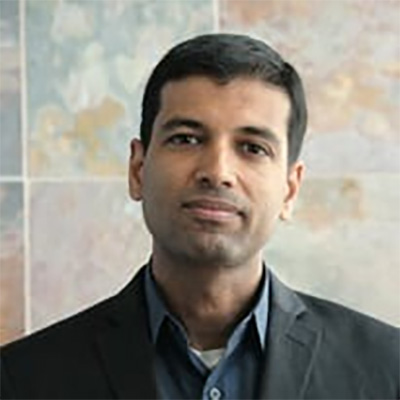
Lessons from the DPI Implementation Lab on values and identity-based innovations in Black, Latino, and Asian American organizing and voter engagement.
A powerful closing case study of how organizers in Missouri are using practice-based research to build power, transform what is possible and deliver material change.
Together, we will make meaning of our learnings and identify next steps rooted in power and agency.



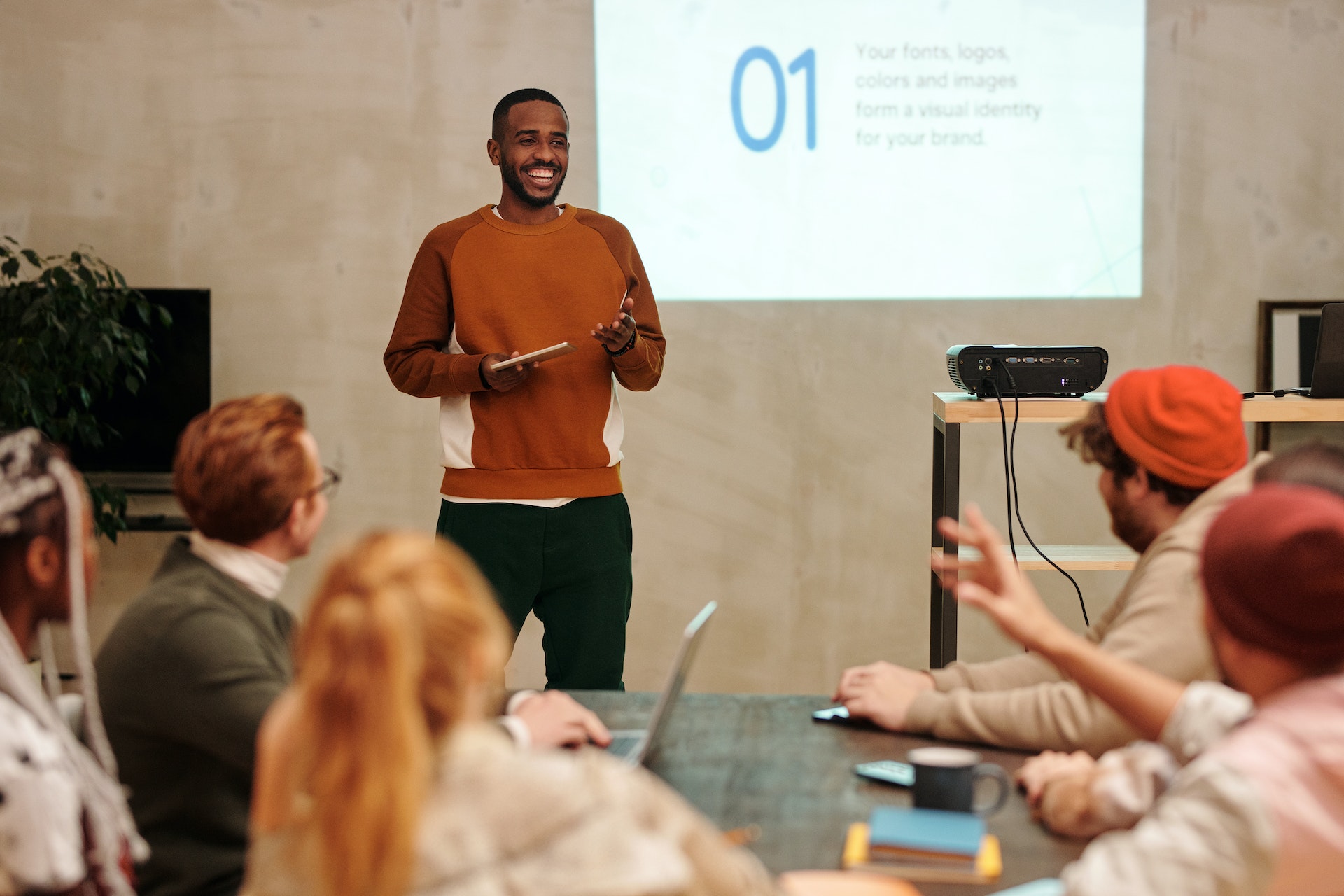


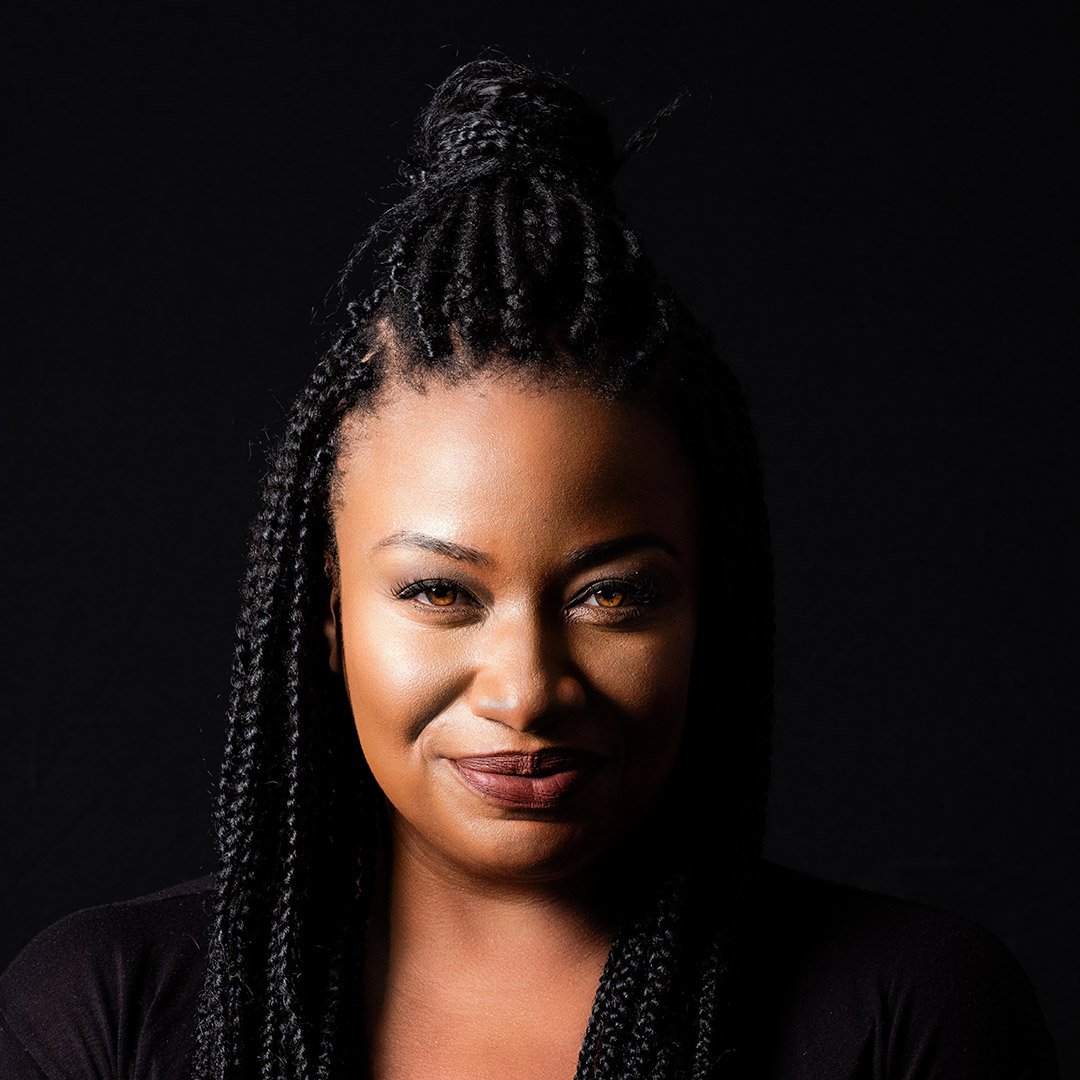





























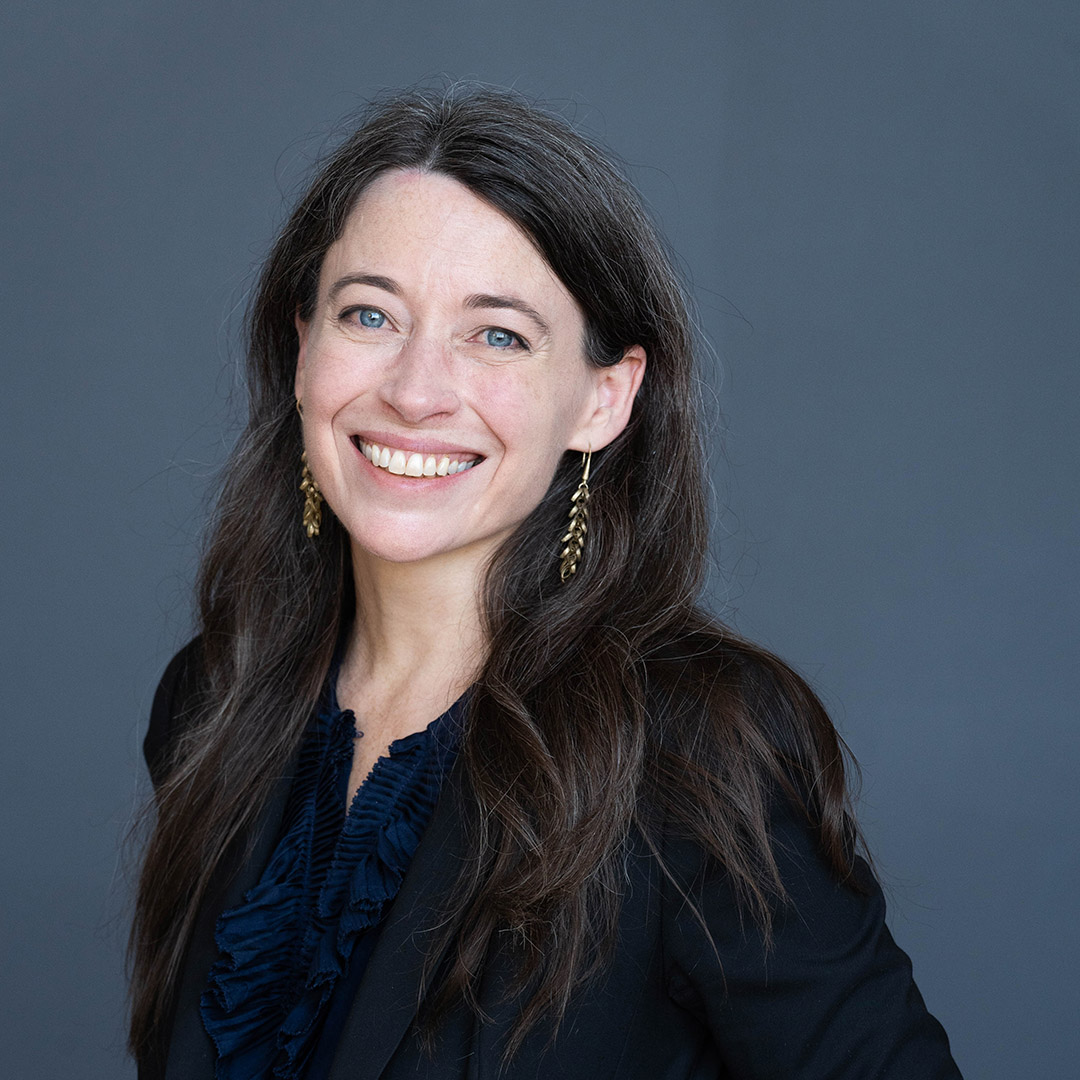



%2B(1)%2B(1)%2B-%2BreGina%2BSchwartz.jpeg)















.png)









